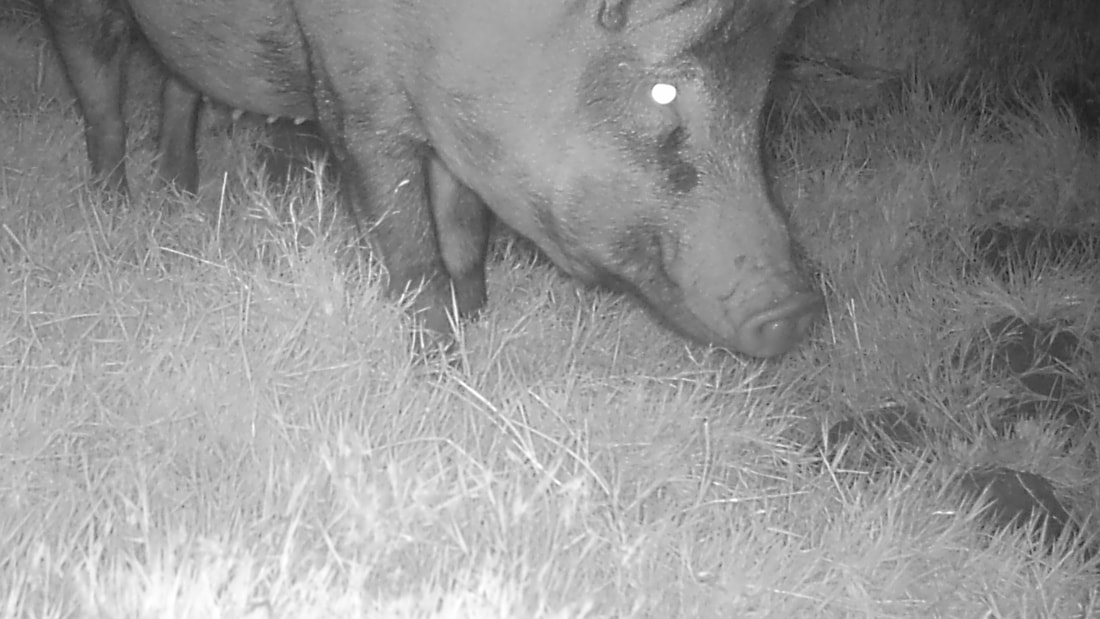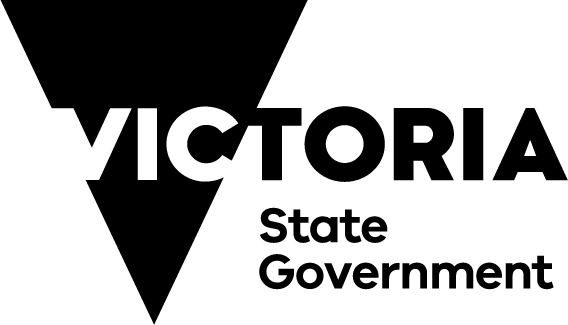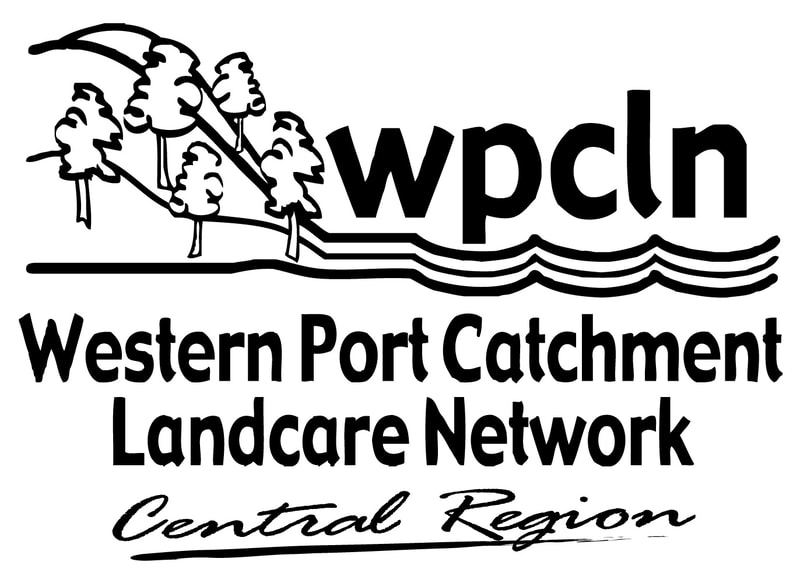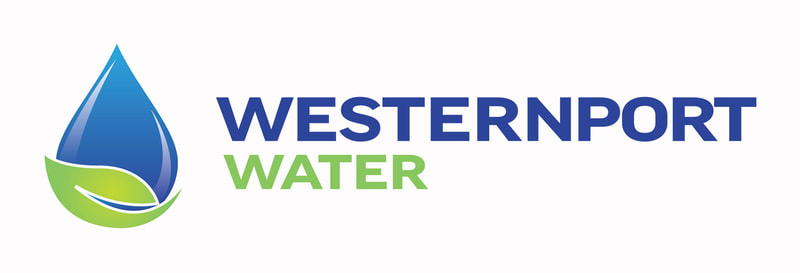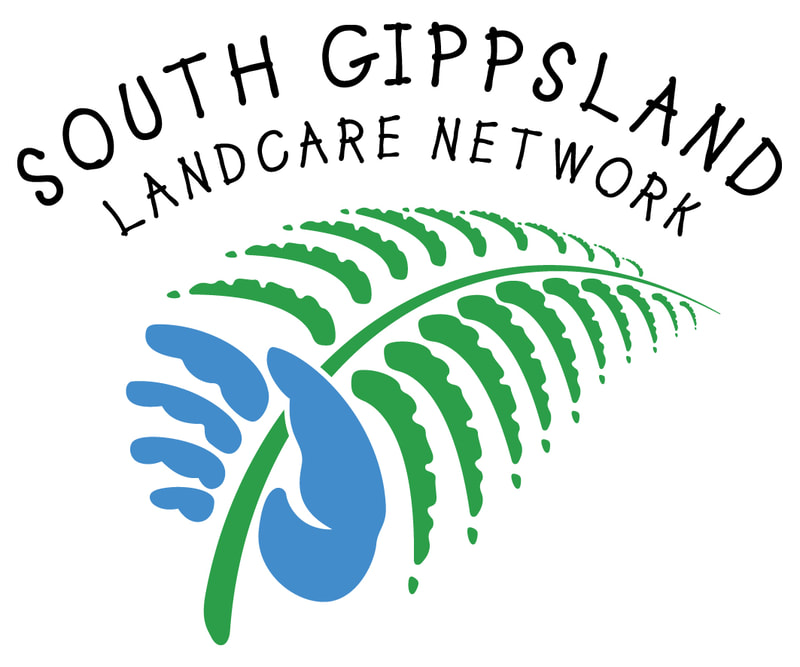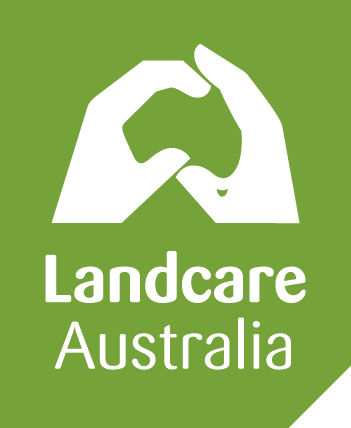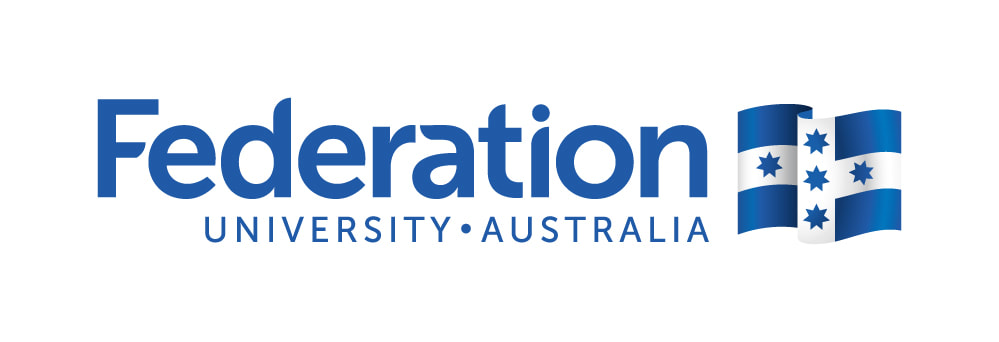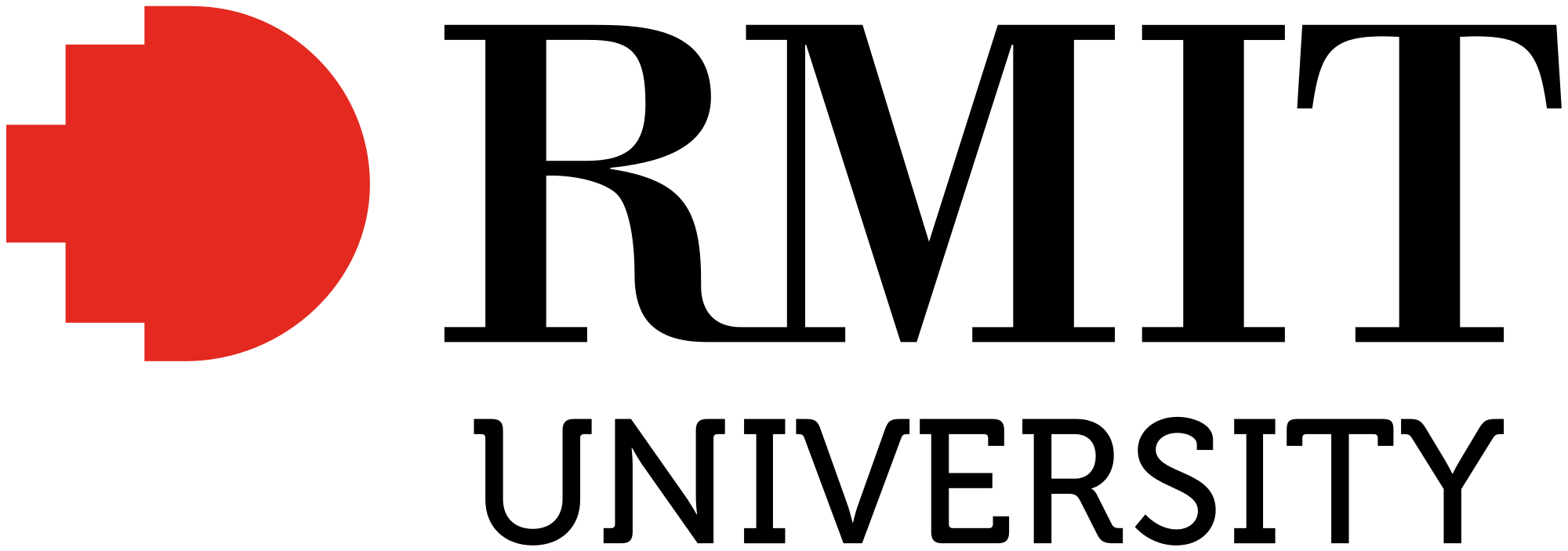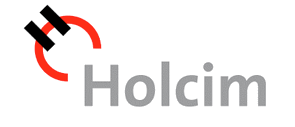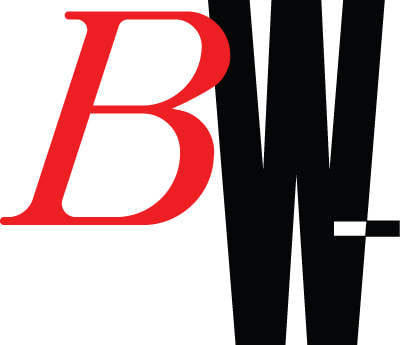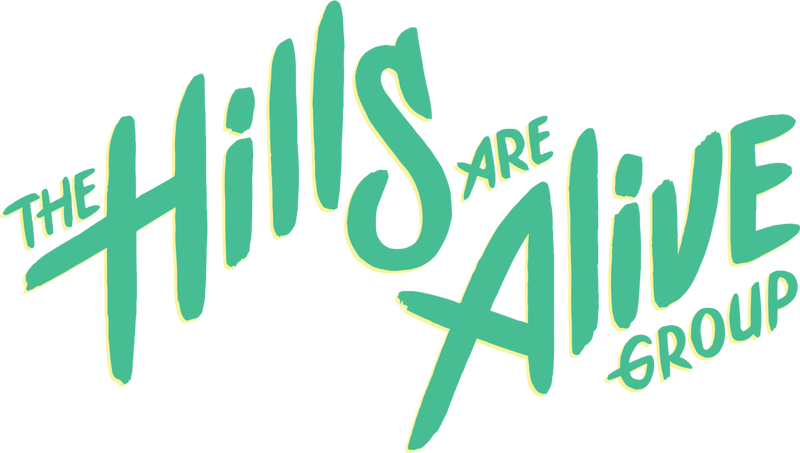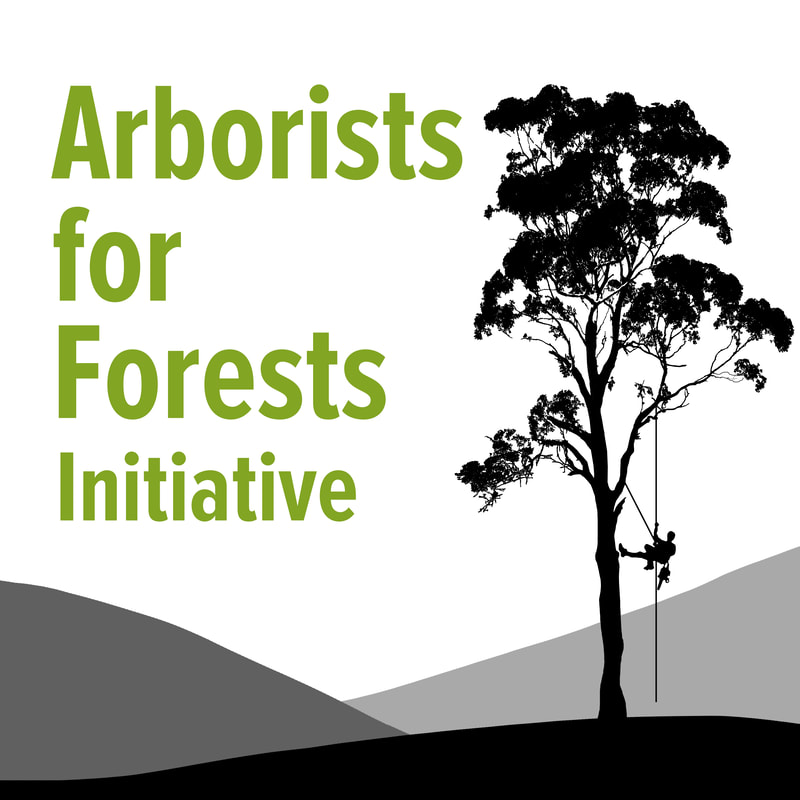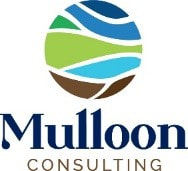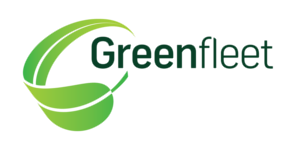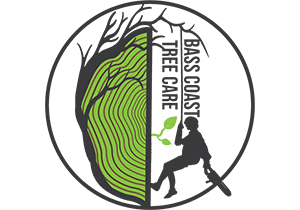|
Feral pigs are declared as a pest animal in Victoria and so it is a landholder’s responsibility to control them where they occur on their land. Feral pigs are descended from domestic swine and are usually black or rust in colour. They occupy a range of habitats, excluding arid areas, as they require a consistent supply of food, water, and shelter. Feral pigs are very social animals and form groups. Their breeding is similar to that of rabbits, and when conditions are favourable, they are able to breed all year round. Feral pigs are opportunistic omnivores – eating a wide range of fruits, grains, pastures, and can also consume livestock. The impact of feral pigs on agriculture is significant. They predate on newborn lambs, eat pastures and crops, and cause damage to property and fences. They also have a significant environmental impact through their trampling, eating of native vegetation, fouling of water sources, and ability to spread weeds.
There are a few control methods available to control feral pigs. These include baiting using 1080, trapping, and shooting. |

